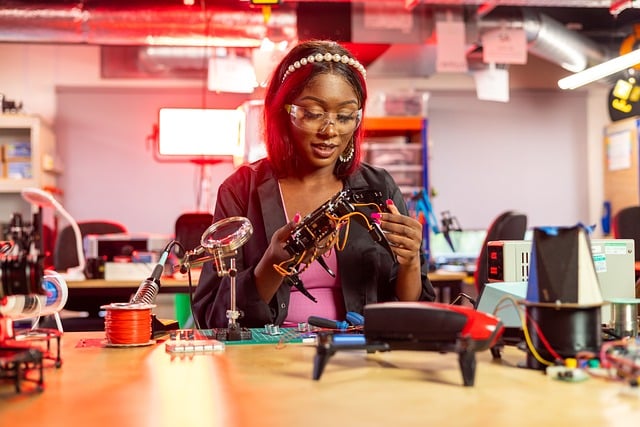Hello and welcome to our discussion on the impact of technology on child development. As a society, we are constantly exploring the role that technology plays in shaping the minds and behaviors of future generations. From the way children learn and interact with information, to their social connections and emotional intelligence, technology is increasingly playing a significant part in their lives.
But what does this mean for child development? How is technology influencing the way we teach, learn, and grow as individuals? In this article, we’ll delve into the world of tech’s impact on child development, exploring both the benefits and drawbacks of this rapidly evolving landscape.
To begin with, let’s look at some key aspects that influence how children interact with technology. For instance, the way we design digital interfaces can significantly affect young minds. Children are naturally curious, and they love to explore new things. When presented with an intuitive and user-friendly interface, they’re more likely to engage deeply with the content.
Another crucial aspect is the amount of time children spend on devices. Overexposure to screens has been linked to several negative effects, including decreased physical activity, increased risk of obesity, and a disrupted sleep pattern. Parents must therefore be vigilant about balancing screen time with other activities that promote healthy growth, such as outdoor play or social interactions.
However, technology can also have numerous benefits for child development. For one, digital tools offer an incredible array of educational resources at our fingertips. Interactive learning apps, virtual reality experiences, and online tutorials can engage children in complex concepts in a fun and interactive way, making learning feel more accessible and enjoyable.
Moreover, the internet provides unparalleled access to information on a vast range of topics. Children can use this knowledge to research topics that interest them, fostering their curiosity and encouraging critical thinking skills.
But technology is not just about learning; it’s also about socialization and emotional intelligence. Video conferencing tools allow children to connect with friends and family across the globe, promoting cultural exchange and understanding. Online communities centered around shared interests can provide young people with a sense of belonging and connection.
Emotional support systems like messaging apps and online forums are increasingly being used as substitutes for in-person connections when social isolation or anxiety issues are present. As children navigate complex relationships with their peers, digital tools offer an alternative means to reach out and seek help when needed.
Finally, it’s worth mentioning the role of artificial intelligence (AI) in shaping child development. AI-driven educational systems personalize learning experiences by analyzing a child’s performance data and adapting content accordingly. These systems can also assist parents with monitoring their children’s progress, providing valuable insights into areas where they may need support.
However, there are concerns surrounding the use of AI in this context. Parents must carefully weigh the benefits against potential risks, such as bias in algorithms or the development of overly dependent relationships between children and digital tools.
In conclusion, technology has a profound impact on child development, presenting both opportunities for growth and challenges that need to be addressed. By being aware of these influences and using technology responsibly, we can foster healthy and well-rounded young minds that thrive in this rapidly changing world.
Tags:
- Child Development
- Impact of Technology on Children
- Parental Guidance for Digital Age
- Future of Education
- The Role of AI in Childcare
